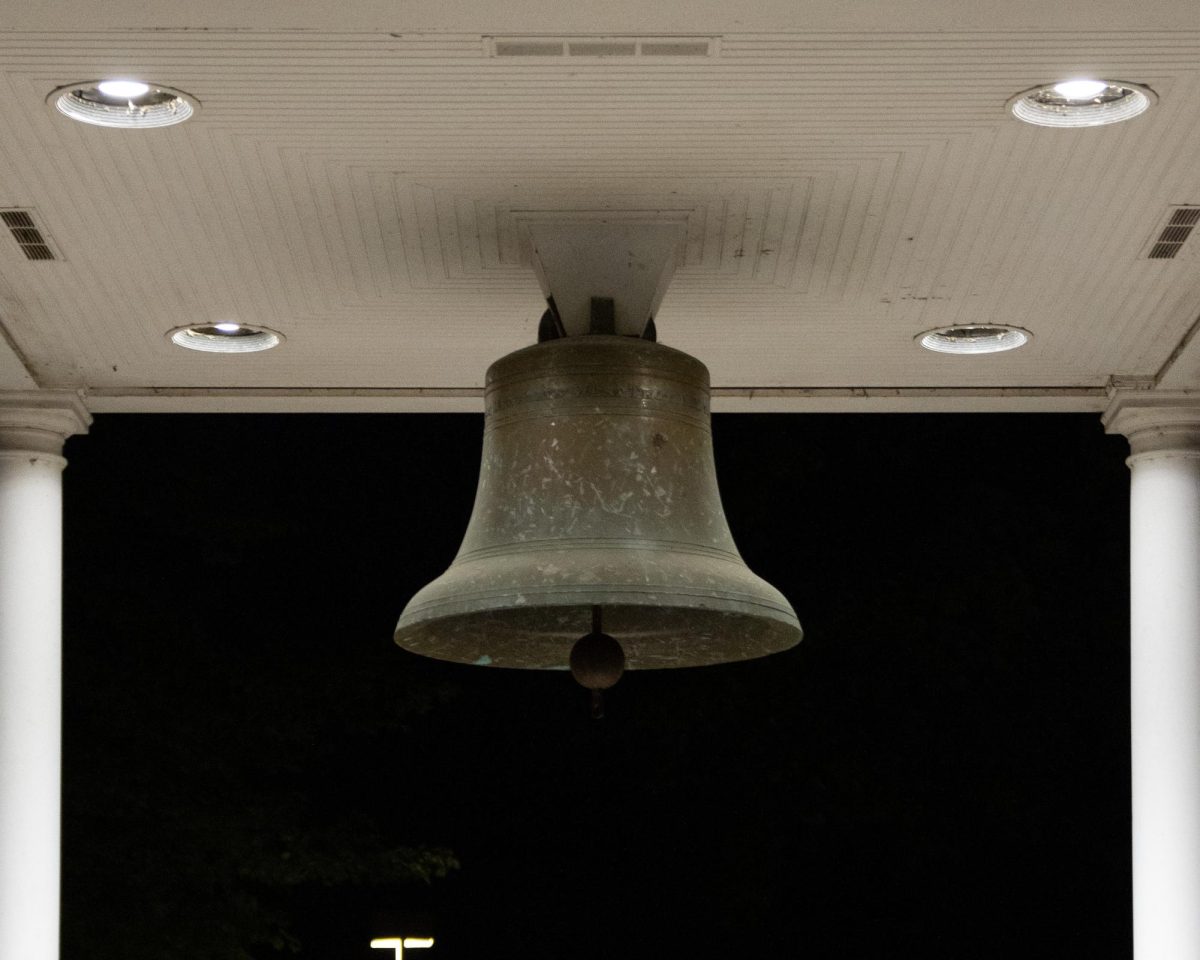In honor of this issue’s release being Friday the 13th (good luck to you, healthcare workers), in October, the classic spookiest month of the year, I thought I would take this opportunity to highlight the warping of historical traditions and holidays to fit the mindset of the dominant judeo-christian faith.
The origins of Friday the 13th becoming synonymous with bad luck are fuzzy. The number 13 has historically been unlucky for far longer than the idea of Friday the 13th. Some believe that it stems from the Code of Hammurabi, an ancient Babylonian legal text, which reportedly left out the number 13 in its list of laws.
Others believe that it may be its relationship with the number 12, which is ever-present in our lives. 12 months in a year, 12 hours on the clock and 12 zodiac signs, both for the Roman/Greek and the Chinese. Notably, the days of Christmas number 12 as well.
The superstition surrounding the number 13 has become so commonplace over the years that there is even a psychological term for the fear of the number: “triskaidekaphobia”.
The connection between unlucky number 13 and Christianity is deeply entrenched. There were 13 guests at the Last Supper — Jesus and his 12 apostles. The Last Supper, held on Maundy Thursday, is followed by Good Friday, the date of Jesus’ crucifixion.
The number of participants in the Last Supper is believed to have given rise to the idea of the number 13 being bad luck, at least in the Christian faith. This superstition has extended to the idea that having 13 people seated together at a meal at all is considered to be bad luck, even “courting death”.
The connection between Friday and bad luck is a little less clear. However, there are plenty of indicators that this stems from Christianity as well. Jesus was crucified on a Friday, and there is evidence that Eve and Adam ate the apple that caused their fall from the garden of Eden on a Friday, along with Friday being the day that Cain killed Abel.
We can also see this superstition in Norse mythology. The trickster god Loki, who many may know from the Marvel portrayal by Tom Hiddleston, was revered as a harbinger of unease and misfortune.
As the tale goes, a great feast was held in Valhalla, the grand hall of the Norse gods. 12 gods were invited to the feast, but Loki crashed it, becoming the 13th guest. During his attendance, he orchestrated the murder of Baldr, Norse god of light and joy, leading to sorrow and tragedy. However, the connection does not stop there.
Freyja, the Norse goddess of love and witchcraft, also has an association with Friday the 13th. Freyja, which literally translates to “lady,” is associated with death, beauty, magic and warfare. She leads the Valkyries, the all-female warrior battalion that could fly and were known to have the power to bring death to warriors they did not favor. Freyja is also notably the Norse goddess of fertility.
The English word “Friday” stems from the Scandinavian days of the week, in which Friday is considered “Freyja’s Day”. Her connection to the number 13 is less clear. Some believe that it is because 13 is connected to divine femininity, since those who menstruate do so around 13 times per year.
Other sources say that the source comes from an old wives tale about a coven of witches that met under the full moon. In this story, one night, Freyja came down from the mountaintop and joined the group, making their number 13. Since then, covens of witches have traditionally numbered 13.
Either way, Freyja’s connection to Friday the 13th is well established, and, prior to the increase in popularity of the Christian faith, the day was a time to celebrate the goddess. Since Freyja is the goddess of fertility, love and sex, well … you can fill in the rest.
Now, as one can well imagine, being a witchcraft-associated goddess that promotes sex and female autonomy did not endear Freyja to the leaders of the rising Christian faith. She was loved and worshiped over a vast territory, including Iceland, Greenland, the Germanic lands, Holland and Anglo-Saxon Britain. She is one of the most widely beloved Pagan goddesses today, and it was the condemnation she received from the Christian faith that allowed this.
To accomplish this, Freyja was dubbed the “Queen of Witches,” and anyone who worshiped her was denounced as a witch. Friday became known in the Middle Ages as “the witches’ sabbath,” and rose in prominence in the Bible as a day associated with tragedy. Freyja is also associated with many other symbols of bad luck, such as black cats.
So, knowing all this history, this Friday the 13th, go forward and embrace the utter lack of unluckiness that today brings with it. Sit out under the moon, pet your cats and worry not about being burned at the stake for being called a witch. Perhaps Freyja will smile down on you.









Rose Stoller • Sep 13, 2024 at 4:12 pm
Enjoy your little snippet but you missed a really large connection to Friday the 13th that I believe more are aware of. That was on 13 October 1307 the King if France ordered all members of the Order of Templar Knights were to be arrested and imprisoned. The back ground was partly due to the emense debit the King owed them for service’s rendered. Not only were they imprisoned but the majority were also put to death. A few had escaped but the cast holding they had may have disappeared. They were the original bankers during the Holy Wars. You gave money on hold when you left and were given a note of money held which you could request later, so less fear of being robbed as you traveled.
Brittany • Oct 13, 2023 at 8:44 pm
Awesome. Thank you!